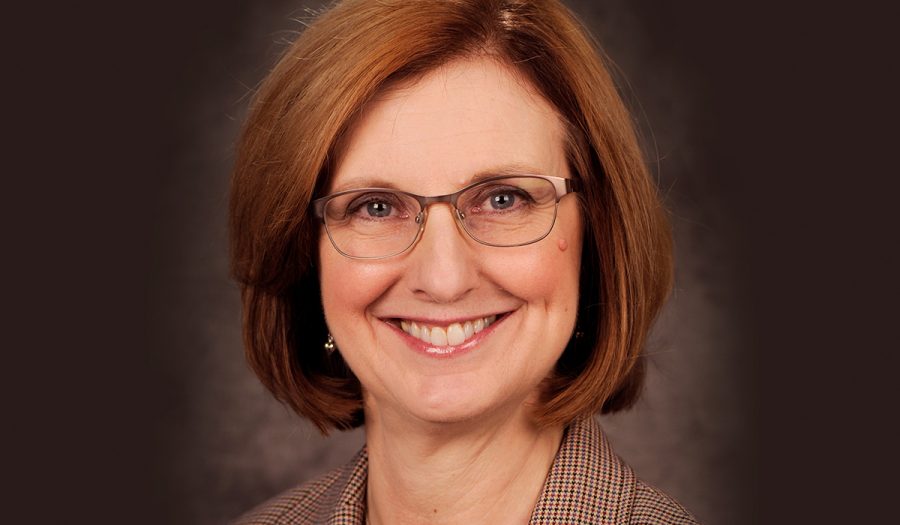WSU waives fall course fees for undergraduate, graduate students
Some course fees will not be waived like fees for physical education classes, digital course materials
Elizabeth Chilton, provost and executive vice president, said lab fees are waived for undergraduate science and art classes.
August 23, 2020
WSU Student Financial Services will waive student course fees for undergraduate and graduate students for fall because of the financial impact caused by COVID-19.
Waiving course fees will help lessen the financial burden on students and parents, said Elizabeth Chilton, provost and executive vice president.
WSU Student Financial Services is responsible for course fees, but not mandatory fees, she said. Mandatory fees will be discussed at a later date when student government officials can be a part of the conversation, she said.
Course fees are restricted, said Don Holbrook, academic affairs budget director. In order for a class to have a course fee, the materials purchased must have value for the student. Distance-delivery classes remove the need for materials that would normally be required.
“An estimate of what we think this will save students across the entire university system is right around a million dollars for fall semester,” he said.
The average total fees a student would normally pay is difficult to determine, Chilton said. Some students will pay no fees and some pay more than average.
Students taking undergraduate science and art classes will have lab fees waived, she said, and the university will cover any existing fees for those courses.
“The science and art fees … if there are costs, we will cover that with other monies, but we are not collecting it from the students,” she said.
The course fee for physical education classes will not be waived because the fee is self-sustaining and considered a form of tuition, Holbrook said.
Digital course materials fees will not be waived. This includes online programs, such as Open Educational Resources and pass-throughs, Chilton said.
“This is money that we don’t collect internally, but we pass it through to another company or certification agency,” she said.
She said the quality of course material will not decline despite not having a typical budget for distance-delivery classes. If departments need funding to improve the quality of their course materials, the funding will be sourced elsewhere.
“The entire system is really working together to ensure the highest quality, but the lowest financial impact for our students,” Chilton said.
Editor’s Note: This story has been changed to correct a factual error. Previously, it stated the university covered fees like licenses and certifications for pharmacy students, which is not correct. These are pass-through fees WSU collects from students and uses to pay licensing authorities on the student’s behalf.










